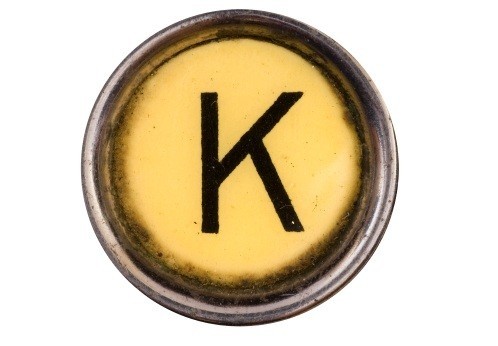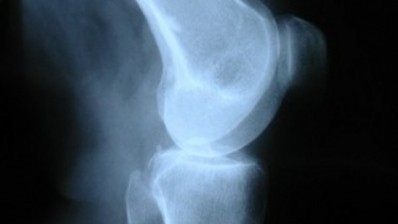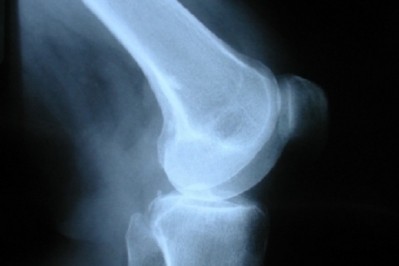Vitamin K
Vitamin K has received a lot of attention for its bone health potential. Biological plausibility does exist for vitamin K, since osteocalcin is a vitamin K-dependent protein and it is essential for the body to use calcium in bone tissue. Without adequate vitamin K, the osteocalcin remains inactive, and this not effective.
A recent study by researchers from VitaK at Maastricht University in The Netherlands published in Osteoporosis International indicated that a daily dose of 180 micrograms vitamin K2 for three years produced significant improvements in bone mineral content and bone mineral density in post-menopausal women.
“These demonstrated improvements in clinical outcomes are extremely important,” said Dr Cees Vermeer, lead investigator for the study.
























